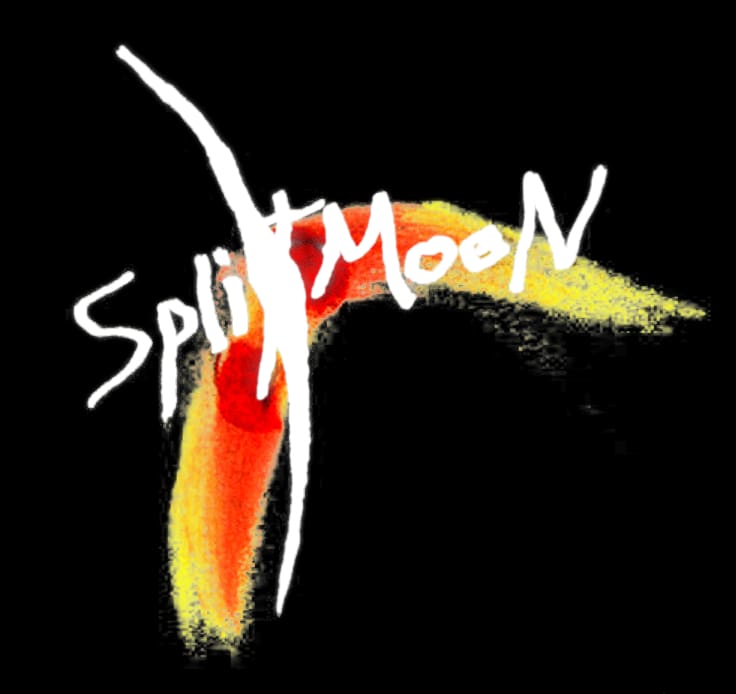‘In The Jungle of Cities’ or ‘The Thicket’ by Bertolt Brecht
We finally brought this quite extraordinary play to life in September, nearly three years on from our initital workshop. So what’s it all about & why do it now?
Above all it’s a fight for idealogical freedom & a search for sexual identity. On the face of it: a successful immigrant businessman, Shlink, walks into a bookshop & purposefully picks a fight with its young employee, Garga. The young man takes up the challenge & a mythical fight ensues that willl change the course of both their lives, leading to the destruction of Garga’s family & social existence & the death of his opponent. Its sheer theatrical flair cannot be denied & the fact that so much of it resonates today.
It’s important to view the play in its historical context – 1913 saw the premiere of Stravinsky’s “The Rite of Spring”, 1923 the first performance of “In The Jungle of Cities”, 1933 National Socialist Party came to power. At the time Brecht wrote the play there was rampant hyperinflation in Germany, Hitler on the march, Italy in the grip of Mussolini & fascism. The axis of world power was shifting from Europe to America. Urban jungles were emerging across the globe with the advance of technology & industry. Kafka had already written “Amerika” & in 1924 the screenplay of Fritz Lang’s “Metropolis” was written, inspired by his arrival by ship to New York City.
In the United States the Ku Klux Klan was at its peak & lynchings were regular occurrences. The Chinese Exclusion Act was in place (Chinese making up 25% of the labour force) this was the first instance of a law in the US targeting an ethnic group stating they “endangered the good order of certain localities”, the Act was not repealed until 1943. Perhaps most telling of all is a note in the original programme from the Munich premiere which states the different ticket prices for foreigners.
With the benefit of hindsight we see the threads that weave subliminally into the play & it’s haunting prophetic vision.
Shlink clearly represents the “other” – at one point a Malay, at another from Pieho, China, or Yokohama, Japan, or even the wandering Jew. Poignant to present times with the growth of Nationalism, Euro scepticism, xenophobia, the rise of fascism in Greece & closer to home, racial profiling & the rise of UKIP.
From a literary perspective, the play is strongly influenced by Upton Sinclair’s “The Jungle”, Johannes V. Jensen’s “The Wheel” & also Rimbaud’s “Season in Hell” which is directly quoted in the play by Garga. The relationship of Shlink & Garga is possibly inspired by the tempestuous love affair between Rimbaud & Verlaine. Who knows possibly that between Brecht & Feuchtwanger, the novelist who had a hand in the play. “Love & hate how low they bring us”.
Its place in world theatre can be traced as a precursor to Beckett, Bond, Kane, Pinter & Osborne’s ‘angry young man’. Brecht’s influence on writers still continues today, Simon Stephens describes his new play “Birdland”, opening soon at the Royal Court, as a sort of ‘re-imagining of Baal’ & observes that ‘The idea that the gesture of a piece of theatre might be deliberately to upset or to frighten or to disturb is still unsettling in British theatre” (BBC Radio 3, 15/12/13).
If you missed our production we urge you to read it – be prepared to be unsettled but there’s so much to discover in The Thicket…..
